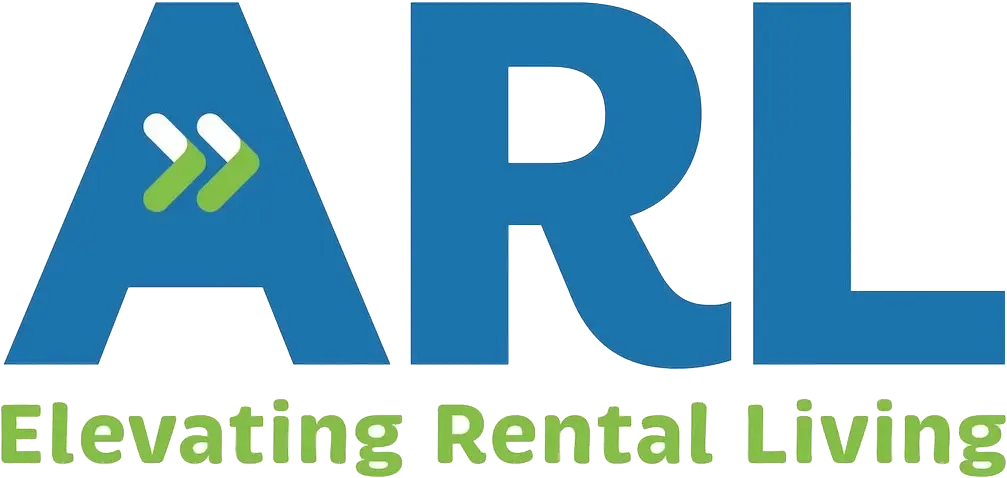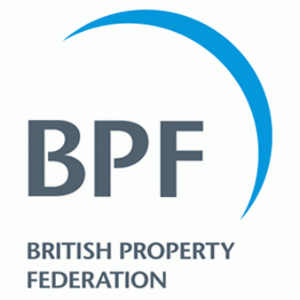In today's rental market, landlords face a number of challenges that make letting their property increasingly complex and less profitable. From legislative changes and rising costs to the growing popularity of pet-friendly rentals, staying profitable while ensuring legal compliance requires innovative solutions.
To navigate these challenges, a growing number of landlords are requesting letting agents to consider deposit alternatives, which offer greater protection compared to traditional cash deposits at the end of a tenancy.
1) Legislation changes
There have been frequent changes in housing laws and regulations which restrict landlords’ ability to reclaim costs at the end of tenancy, such as the Tenant Fees Act 2019, which caps traditional deposits at a maximum of 5 weeks. In addition, the upcoming Renters' Reform Bill proposes the abolition of Section 21 evictions, creating uncertainty and increasing compliance costs for landlords.
Therefore landlords are seeking reasons to stay in the lettings market. Deposit alternatives like flatfair No Deposit provide landlords with market-leading protection in the event of damages and/or rent arrears while reducing void periods, which is a proven method of attracting and retaining new landlords.
2) Rent arrears on the rise
The economic impact of the COVID-19 pandemic and subsequent cost of living crisis has left many tenants struggling to pay rent, leading to an increase in arrears and financial instability for landlords.
Not only does flatfair No Deposit provide an extra 5 weeks worth of protection for damages and/or rent arrears, but also significantly lowers the upfront move-in costs for tenants, giving them more cash for the duration of their tenancy.
3) Rising costs
Maintenance, insurance, and property management costs have been increasing. Additionally, the cost of adhering to new energy efficiency standards, such as the Minimum Energy Efficiency Standards (MEES), can be substantial. This in turn reduces the profitability for landlords.
Therefore landlords can not afford to be left out of pocket due to tenant slip-ups regarding missing rent or damages to the property.
4) Taxation
Changes in tax relief on mortgage interest, introduced gradually since 2017, mean landlords can no longer deduct all their mortgage expenses from rental income to reduce their tax bill. From April 2020, landlords instead receive a tax credit, based on 20% of mortgage interest payments.
This has significantly affected profitability, especially for those with higher mortgage interest payments. If tenants using a traditional deposit leave the property with damages or unpaid rent which amounts to more than 5 weeks worth of rent, landlords are losing money on top of the rising cost they incur from tax changes.
5) Pets in lets
According to The Property Redress Scheme, only 8.7% of landlords are in favour of having pets in their property while 49.6% said they are strongly or very strongly against it.
Pets, particularly those that are not well-trained, can cause significant damage to a property. This can include scratches on floors and walls, chewed furniture and fixtures, stains, and odours which can be difficult to remove. This can result in higher maintenance and repair costs for the landlord.
But there is a notable rise in tenants who have pets. According to Confused.com, 33% of tenants now have pets. To be able to protect themselves from the likely damages caused by pets, landlords want the highest protection available in the market.
Want to learn how flatfair’s market-leading protection can help you to attract new landlords? Book a no-obligation call today.

.png)








